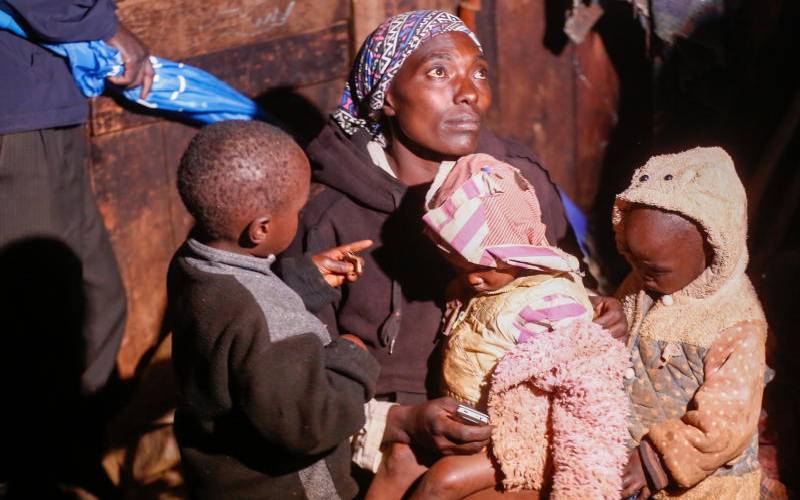×
The Standard e-Paper
Fearless, Trusted News

Indigenous communities that have been living in the Mau Forest should not be evicted, the Kenya National Commission on Human Rights (KNCHR) has said.
Speaking in Nairobi during the Indigenous Women Regional Conference yesterday, KNCHR commissioner George Morara said it was necessary to evict only communities that migrated and settled in the forest.